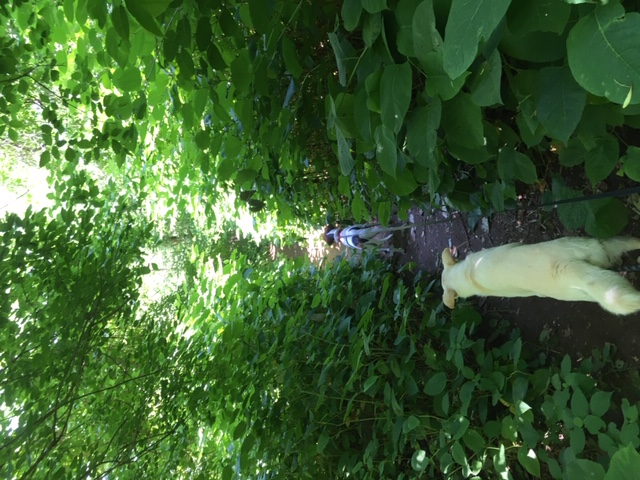
(above) Japanese Knotweed creates massive impenetrable clumps of canes 65 foot wide and 7 foot high.
JAPANESE KNOTWEED
(Fallopia japonica)
Indigenous to Japan, knotweed was originally shipped westward by the German botanist Philipp von Siebold. When Siebold sent a variety of plant specimens to the Royal Botanical Gardens at Kew in August 1850, including Japanese Knotweed, he had no idea what he was unleashing on the world.
If you take a walk in any local town, county or state park today you are likely to stroll past fields of knotweed, especially near ponds, lakes and streams. All over Europe nations are on knotweed alert including Latvia, Germany, Hungary, Austria and Switzerland.
Knotweed presents a pleasing appearance to the eye: heart-shaped leaves, bamboo stems and pretty, little white-flower tassels in late summer and autumn. What is less obvious is what lays below the ground. The “crown” or “head” of a knotweed infestation can be the size of a bull’s head, with scores of roots radiating out from it like strands of hair.
Due to its tireless and unstoppable army of unseen roots, knotweed spreads outward forming clumps 65 feet wide and 7 foot high. Superficially resembling bamboo this plant has a relentless killer instinct, overwhelming native plants and forcing out wildlife. If you look through horticultural literature, and you will see knotweed described as “thuggish,” “ferocious,” “invasive” and an “indestructible scourge.” The stems create dense thickets impossible to walk though.
Amazingly there are very few male knotweed plants in the wild. The females depend on their massive root systems to propagate new plants.
Where it once resided mainly in the wild, today it terrorizes private gardens and homes, forcing its way up through every crack imaginable, in patios, concrete paths, and even in walls and floors.
If Japanese knotweed is spotted on your property action to control and remove it should be taken immediately. What’s more, getting rid of it is a task beyond the average gardener. It can take up to five years of regular chemical blitzing before the knotweed all-clear can be sounded.
Uncontrolled knotweed infestations can negatively impact the value of homes and property.
For more information contact your local cooperative extension or go online to Penn State Extension; Knotweed.
Happy Gardening & Keep Keeping Safe,
James
*Thanks to Penn State University & Newsweek magazine for the information in this article.

